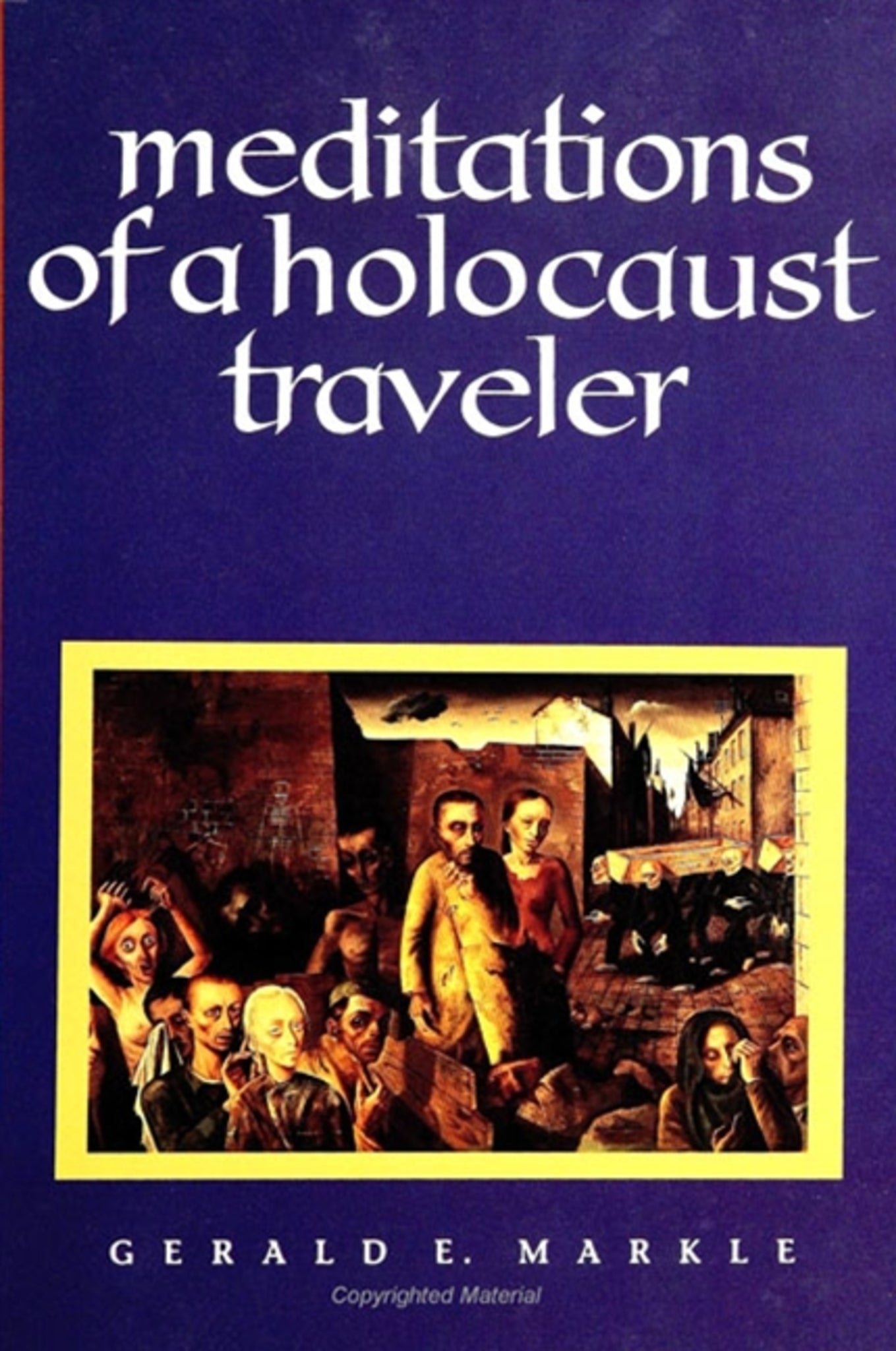We're sorry. An error has occurred
Please cancel or retry.
Meditations of a Holocaust Traveler

Some error occured while loading the Quick View. Please close the Quick View and try reloading the page.
Couldn't load pickup availability
- Format:
-
23 August 1995

Travels across time, place, and subject to ponder the meaning of the Holocaust for contemporary cultures.
Markle grasps at the Holocaust, not only from the writings of survivors and academic specialists, but also from his experience as a "tourist" of the Holocaust. He challenges the way we typically think about the Holocaust: them versus us; then versus now; there versus here. He travels across time, place, and subject to ponder the meaning of the Holocaust for contemporary cultures.


"Markle selects and defines three basic issues of Holocaust studies and demonstrates how sociological and social-psychological scholarship illuminates these issues. The reader grasps the connection between these issues because of Markle's skillful transitions. His intermixing of his own personal experiences in approaching the Holocaust with the academic issues being debated makes the book unintimidating to the general reader who might otherwise shy from the topic (Holocaust) as well as the discipline (sociology)." — Christopher R. Browning, Pacific Lutheran University
"In a field dominated by positivist historians, Markle's constructivist approach is a breath of fresh air. His dialogue with Arendt, Bauman, Rubenstein, Milgram, et al. probes and clarifies the value, in its own right, of struggling with and against history as a scholar and a Jew in the post-Holocaust era. This is a courageous and honest work." — R. Ruth Linden, Stanford University
stone soup
1. thinking
snapshots
gray
approaches
meditation
2. banality
eichmann
ordinary killers
ordinary people
are we all nazis?
abraham's choice
3. bureaucracy
routine slaughter
two visions
blood and honor
functionalism
forgetting
krema
4. modernity
total domination
gardening
medical experiments
the american connection
enlightment?
a dialogue
5. after
in memoriam
collective memory
historiography
today
anamnesis
an ending?
another ending
references
author index
subject index



